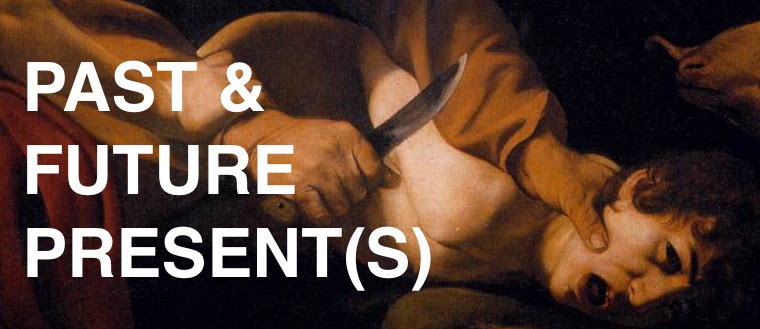You are bourgeois in your thought, bourgeois in your feelings, bourgeois in your ideas and bourgeois in your conception of society. As such, you want to guide the people, our people, who are poor, unhappy, working class . . . You act outside of them and above them: you’d like to have them follow you like a herd of sheep. Like all governments, you want to disguise the truth, you want to be a proper government whose principle obligation is not exposing the national shame. But I want to expose it, so that everyone can see poor Job on his dungheap, scraping his sores with a piece of broken bottle.
— Bernard Lazare in a Letter to Theodor Herzl, February 4, 1899.
The masses had two functions in Herzl's initial strategy of Zionism. On the one hand, they would provide the shock troops of exodus and the settlers in the promised land. On the other, they could be used as a club to compel the rich European Jews to support the Zionist solution. The ghetto Jew as carrier of the new nation, the ghetto Jew as weapon: of the first of these mobilizations, Herzl spoke publicly; the second, no less integral to the new key in politics, he confided to his diary.
In his first and greatest political pamphlet, Der Judenstaat (1896), Herzl candidly explored the best methods for directing the masses. Criticizing the attempts of Jewish philanthropic colonizers to attract pioneers by appealing to personal self-interest and by financial inducements, the irreligious Herzl urged instead that the Jews follow the models of Mecca and Lourdes. A mass can best be led if one sets a goal or center of aspiration for its "deepest need to believe." In the Jewish case, the desire to harness and guide was the age-old wish for "the free homeland." While Herzl tapped the archaic religious aspiration, however, he did not, as a modern secular leader, fully rely upon it. At first he did not even wish to locate the Jewish homeland in Palestine though, as he told the Rothschilds, "the name alone would be a program . . . strongly attractive to the lower masses." Most Jews, however, were "no longer orientals, and had accustomed themselves to other climes [andere Himmelstriche].""
Theredor Herzl added essentially modern attractions to the allurements of ancient hopes in his political Gesamtkunstwerk. He envisaged the seven-hour day as the principal magnet for the modern European Jew. Zion would outbid the Socialist International by one hour of leisure! Even the flag of the Jewish state was to reflect the value which Herzl attached tothe drawing power of modern social justice. On a white field signifying the new life of purity, seven gold stars would represent the seven golden hours of our working day. " For under the sign of work the Jews go into the promised land." Of the star of David or any other Jewish symbol, Herzl made no mention.
— Carl E.Schorske “Politics in a New Key: An Austrian Triptych,” The Journal of Modern History, V. 39 N. 4. December, 1969. p.380-381. Later republished in Schorske’s 1979 book Fin-de-siècle Vienna: Politics and Culture.
Herzl viewed Polish Jews from the vast distance of his Viennese bourgeois standards of gentility and cultivation. He himself spoke the pure German of the cultivated, without a trace of even the Viennese dialect. Even after having become a Jewish statesman, he referred to East European Jews as “semi-Asiatic.” For Herzl, Polish Jews were undifferentiated. He was a stranger to the vast differences between the elite Talmudic culture of Vilna and the more down-to-earth Hasidic communities of Galicia or the schools of Jewish enlightenment in Brody. What he saw was a stereotype, shaped by conceptions of Germanic enlightenment and Viennese refinement.
—Jacques Kornberg, Theodor Herzl: From Assimilation to Zionism, Indianapolis and Bloomington: Indiana University Press, 1993, p. 80.




